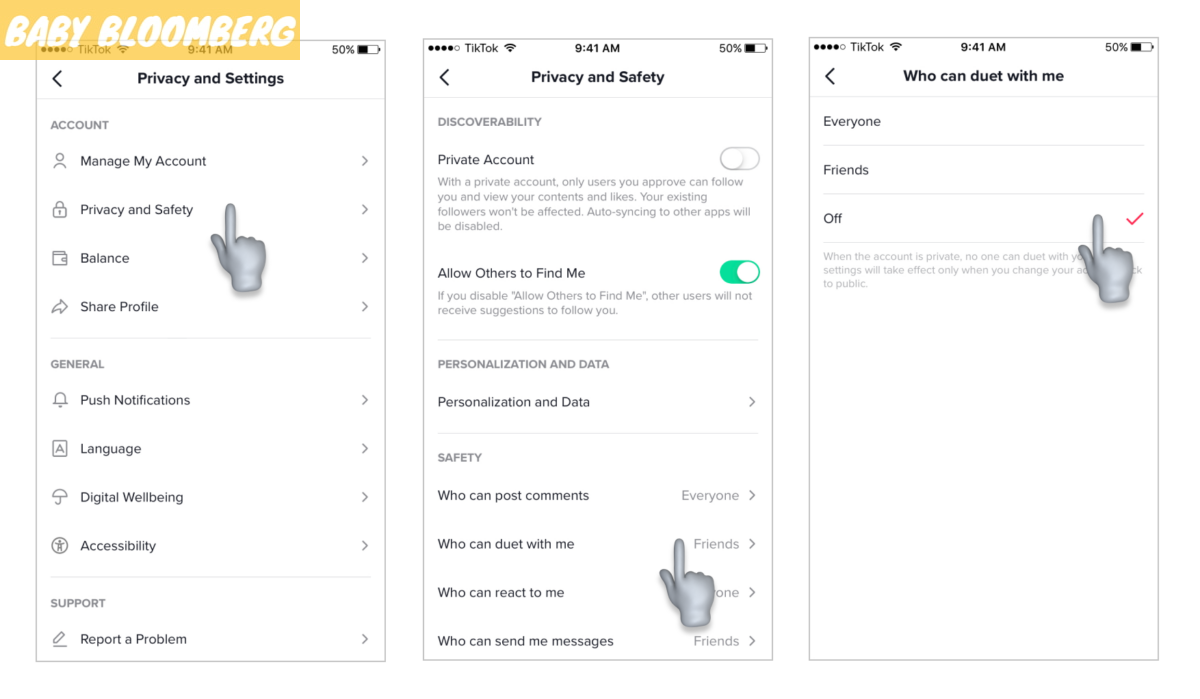Are you feeling overwhelmed by the task of choosing a preschool for your child? With so many options available, it’s easy to get confused. However, selecting the right preschool is crucial for your child’s early development. In this comprehensive guide, we aim to help you make an informed decision and find the ideal preschool that meets your child’s needs.
Understand Your Child’s Needs
The first step in choosing the perfect preschool is to understand your child’s individual needs. Take the time to determine your child’s strengths and weaknesses. This will give you a better idea of the type of environment and program that will best support their growth and development.
Assess your child’s strengths and weaknesses
To understand your child’s needs, you should assess their strengths and weaknesses. This can be done by observing their behavior, talking to their current caregivers or teachers, and consulting with professionals if needed.
Identify the skills the preschool expects your child to develop
Every preschool has its own set of goals and expectations for the children they serve. It’s important to find out what specific skills the preschool expects your child to develop. This can help you align your child’s needs with the program’s offerings.
Visit Schools In-Person
Once you have a clear understanding of your child’s needs, it’s time to start visiting preschools in-person. This will allow you to get a firsthand look at the environment and determine if it’s a good fit for your child.
Arrange visits to multiple preschools
It’s recommended to arrange visits to multiple preschools to get a better sense of what each one has to offer. This will give you the opportunity to compare different programs and make an informed decision.
Tour the facilities
During your visits, take the opportunity to tour the preschool’s facilities. Pay attention to the physical space and how it is organized. Look for bright and engaging learning areas that are age-appropriate and encourage exploration.
Observe the environment
Observe the environment and check for practices that promote cultural responsiveness. Look for diversity in the materials and resources available, as well as how the staff interacts with children from different backgrounds. A culturally responsive environment fosters inclusivity and helps children develop a positive sense of self and acceptance of others.
Look for high-quality teachers
The quality of teachers is a crucial factor in choosing the right preschool. Look for teachers who are passionate about fostering early childhood development. They should have a warm and nurturing approach, be knowledgeable about age-appropriate practices, and be able to foster a love of learning in their students.
Assess Program Quality
Another important aspect to consider when choosing a preschool is the overall program quality. A high-quality program will have a positive impact on your child’s early development and set them up for future success.
Research the preschool’s reputation
Research the preschool’s reputation by talking to other parents and reading online reviews. This will give you insights into the experiences of families who have already enrolled their children in the program.
Consider evidence-based signs of success
Look for evidence-based signs of success, such as established educational methods and curriculum. Programs that have a clear structure and follow research-based best practices are more likely to provide a high-quality learning experience for your child.
Prioritize holistic development
When assessing program quality, look for preschools that prioritize holistic development, including social and emotional learning. A well-rounded program will not only focus on academic skills but also on building strong social and emotional foundations that will benefit your child throughout their life.
Affordability and Accessibility
Affordability and accessibility are practical considerations that should not be overlooked when choosing a preschool. Evaluate the costs associated with the preschool program and explore any available financial aid options. Additionally, consider the location of the preschool and take into consideration commute time and convenience.
Understand the costs associated with the preschool program
Preschool costs can vary significantly depending on factors such as location, program length, and additional services offered. It’s important to understand the costs associated with the preschool program and ensure that it fits within your budget.
Explore financial aid options
If the cost of preschool is a concern, explore any available financial aid options. Some preschools offer scholarships or sliding scale tuition based on income. Research these opportunities and determine if you qualify for any assistance.
Evaluate the location of the preschool
Take into consideration the location of the preschool and how it fits into your daily routine. Consider the commute time and whether it’s convenient for drop-off and pick-up. Choosing a preschool that is close to your home or workplace can make the logistics of daily life much easier.
Seek Recommendations
Seeking recommendations from other parents can provide valuable insights and help you make a more informed decision. Reach out to other parents for their experiences and recommendations on preschools. Join parenting communities or online groups to seek advice from individuals who have been through the process before.
Reach out to other parents
Talk to other parents in your community or social circle who have already been through the preschool selection process. Ask about their experiences, what they liked or disliked about certain preschools, and any recommendations they may have.
Join parenting communities or online groups
Joining parenting communities or online groups can provide a wealth of information and support. These communities often have discussions and resources dedicated to preschool selection. You can benefit from the experiences of other parents who have faced similar decisions.
Conclusion
Choosing the right preschool for your child is an important decision that requires careful consideration. By understanding your child’s individual needs, visiting preschools in person, assessing program quality, considering affordability and accessibility, and seeking recommendations from other parents, you can make an informed choice. Remember that preschool sets the foundation for your child’s early education, so it’s crucial to choose a preschool that fosters their growth and development in a nurturing and supportive environment.










